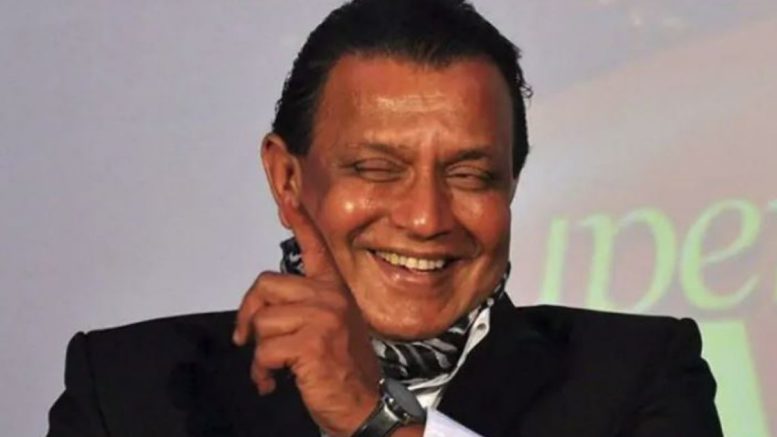Actors with the Most Flop Movies:
Determining the “most flops” can be subjective, depending on how you define a flop and the film industry considered. However, here are some Actors with the Most Flop Movies, along with some interesting facts about their careers:
Table of Contents
| Actor | Number of Flops |
| Mithun Chakraborty | 180 |
| Jeetendra | 106 |
| Dharmendra | 99 |
| Nicolas Cage | 20 |
| Steven Seagal | 20 |
1.Mithun Chakraborty (Bollywood):

- Number of flops: Around 180 (out of over 300 films)
- Claim to fame: disco dancer, versatile actor known for action, drama, and comedy roles
- Interesting fact: I held the record for most consecutive flops (33) in the 1990s. Despite the flops, he remains a beloved star, with several hits and awards under his belt.
2.Jeetendra (Bollywood):
- Number of flops: Around 106 (out of over 225 films).
- Claim to fame: romantic hero, known for dancing and action roles
- Interesting fact: He was the second highest-paid actor in Bollywood during the 1980s, despite having a high number of flops.
3.Dharmendra (Bollywood):

- Number of flops: Around 99 (out of over 306 films)
- Claim to fame: action hero, known for his rugged good looks and charisma
- Interesting fact: It holds the record for most films made by a Bollywood actor. Despite the flops, he is considered a legend and enjoys immense popularity.
4.Nicolas Cage (Hollywood):

- Number of flops: debatable, but many sources cite over 20 commercially unsuccessful films.
- Claim to fame: Oscar-winning actor known for intense performances and eclectic film choices
- Interesting fact: She has also starred in several critically acclaimed and commercially successful films. His career is known for its unpredictability and willingness to take risks.
5.Steven Seagal (Hollywood):

- Number of flops: Similar to Cage, the exact number is debatable, but many flops litter his filmography.
- Claim to fame: action hero known for his martial arts skills and tough-guy persona
- Interesting fact: he enjoyed immense popularity in the 1990s, but his box office appeal has declined in recent years.
Also Read: 7 Greatest Hollywood Film Stars with the Most Oscars (spotboyz.com)
Things to Remember Before Any Conclusion:
- Defining a “flop” can be subjective and depend on factors like budget, genre, and critical reception.
- These actors also have many successful films to their credit, showcasing their talent and versatility.
- A high number of flops doesn’t necessarily diminish an actor’s talent or contribution to cinema.
This is just a small sampling of actors with a significant number of commercially unsuccessful films. The film industry is a fickle business, and even the most talented actors can experience flops. However, it’s their overall body of work and impact on audiences that ultimately define their legacy.
1. How is a “flop” movie defined?
There’s no strict definition, but it generally refers to a movie that performs poorly at the box office, failing to recoup its production budget or generate significant profit. Critical reception and cultural impact can also be considered.
2. Why are these actors on the list despite having hits?
Even successful actors encounter flops! The list highlights the sheer number of unsuccessful films in their filmographies, not just erasing their successful ones. They also often take on diverse roles, increasing the risk of occasional box office duds.
3. Are these actors considered bad?
Absolutely not! These actors have undeniable talent and contributions to cinema. Flops happen for various reasons, often beyond an actor’s control. They shouldn’t define their entire careers.
4. Who holds the record for most flops?
It’s difficult to say definitively due to varying criteria and film industries. However, Mithun Chakraborty from Bollywood is often cited, with an estimated 180 flops out of over 300 films.
5. Does having more flops reflect poorly on an actor’s choices?
It depends. Some actors consistently choose risky or unconventional projects, leading to more flops but potentially enriching cinema. Others might simply take on too many roles without careful selection. Ultimately, their career trajectory and impact tell a more complete story.












